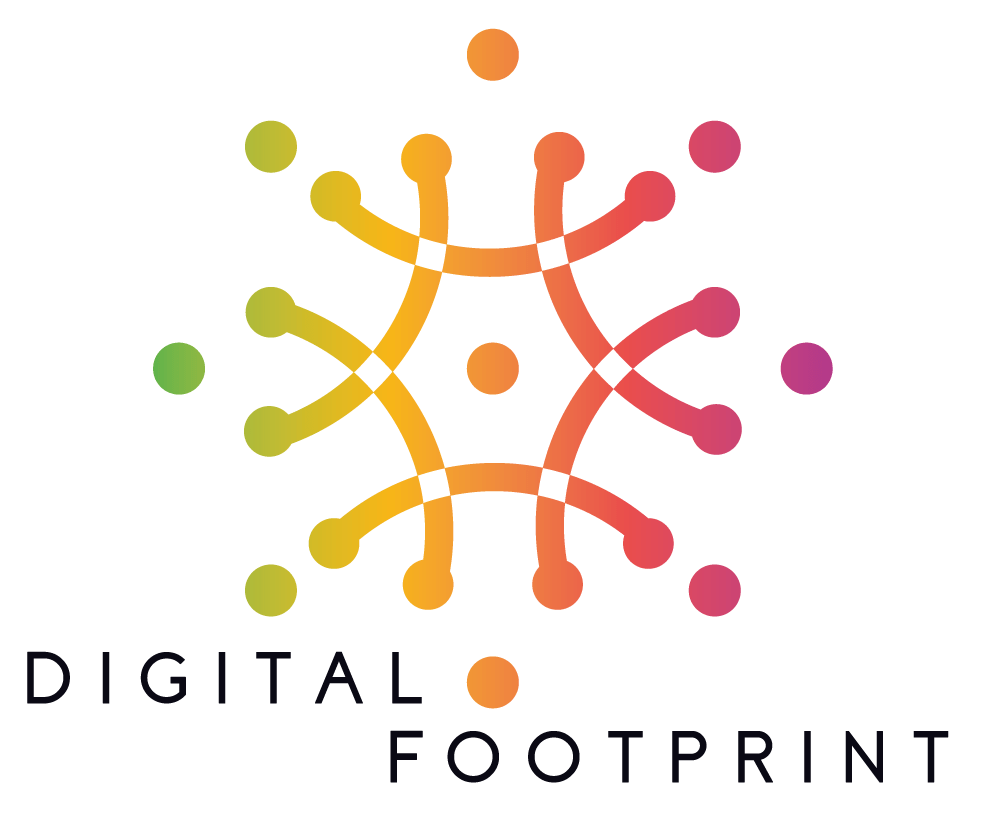What is Contact Tracing and why is it important?
People who have been in close contact with someone who is infected with a virus, such as COVID-19, are at higher risk of becoming infected themselves, and of potentially infecting others.
Closely monitoring these contacts after exposure to an infected person will help the contacts to receive care and treatment, and prevent further transmission of the virus.
This monitoring process is called Contact Tracing, which can be explained in 3 basic steps:
-
Contact identification: Once someone is confirmed as infected with a virus, contacts are identified by retracing activities and the activities and roles of the people around them since the onset of the illness. Contacts can be anyone who has been in contact with an infected person, namely family members, work colleagues, friends, or healthcare providers.
-
Contact listing: All persons found to have had contact with the infected person should be listed as contacts. Efforts should be made to identify every listed contact and to inform them of their contact status, what it means, the steps that will follow, and the importance of receiving early care if they develop symptoms. Contacts should also be provided with information about prevention of the disease. In some cases, quarantine or isolation is recommended for high-risk contacts, either at home or in hospital.
-
Contact follow-up: Regular follow-ups should be conducted with all contacts to monitor for symptoms and test for signs of infection.
Why consider a career as a Contact Tracer?
-
The impact of the coronavirus outbreak on the world economy has left many individuals without a stable income. The health crisis has, however, created the unexpected need for healthcare support, including the services of contact tracers.
-
Due to the urgent need for contact tracing, free online courses are readily available to help equip you to provide this vital service to businesses and communities. We recommend completing the accredited online training course developed by John Hopkins Bloomberg School of Health and courtesy of Bloomberg Philanthropies.
Why organisations/business needs contact tracing services?
-
As nationwide restrictions are eased, and businesses resume normal operations, employers and employees will become vulnerable to the hazards associated with potential COVID-19 exposure. Workplaces will need to be equipped with new safety measures, such as cleaning, protective equipment, and physical distancing rules. One of the most effective ways to minimize your company’s exposure to COVID-19 is contact tracing.
-
A seemingly novel concept, contact tracing has actually been in use for years as a key weapon in combating pandemics and communicable diseases such as polio, smallpox, Ebola and tuberculosis. Historically, contact tracing has effectively saved millions of lives around the world and will continue to be a vital tool in combating COVID-19. Contact tracing accurately pinpoints anyone who has (or may have) come in contact with an infected person, tests that vulnerable individual for infection, and then proceeds to treat them if an infection is confirmed. Contact tracing is instrumental in not only locating but also isolating new cases before they have the opportunity to spread.
What do you need to be a Contact Tracer in South Africa?
The successful candidate must:
-
Get certified before applying. You can complete the free certified training here.
-
Be able to communicate on a personal yet professional level with cases and contacts in culturally diverse communities.
-
Have a strong work ethic and a passion for the well-being of your fellow citizens.
-
Show empathy, which will help in gaining trust and extracting information from contacts.
-
Matric or equivalent required
-
Proficient in English
-
Knowledge of other local languages spoken in your area is advantageous
-
Treat contacts and their private information with the strictest confidentiality.
-
Be computer literate.
-
Technology requirements: PC with Windows 10 and antivirus protection, and Windows Firewall; or Mac with Apple OS X 10.13 and antivirus protection; and personal mobile device. A headset is preferred.
-
A background in health or health studies is favourable.
-
Applicants with a medical background will be given a strong preference.
Become a Tracer
Submitting this application adds you to an international database spanning all African countries for consideration for all remote contact tracing positions.


